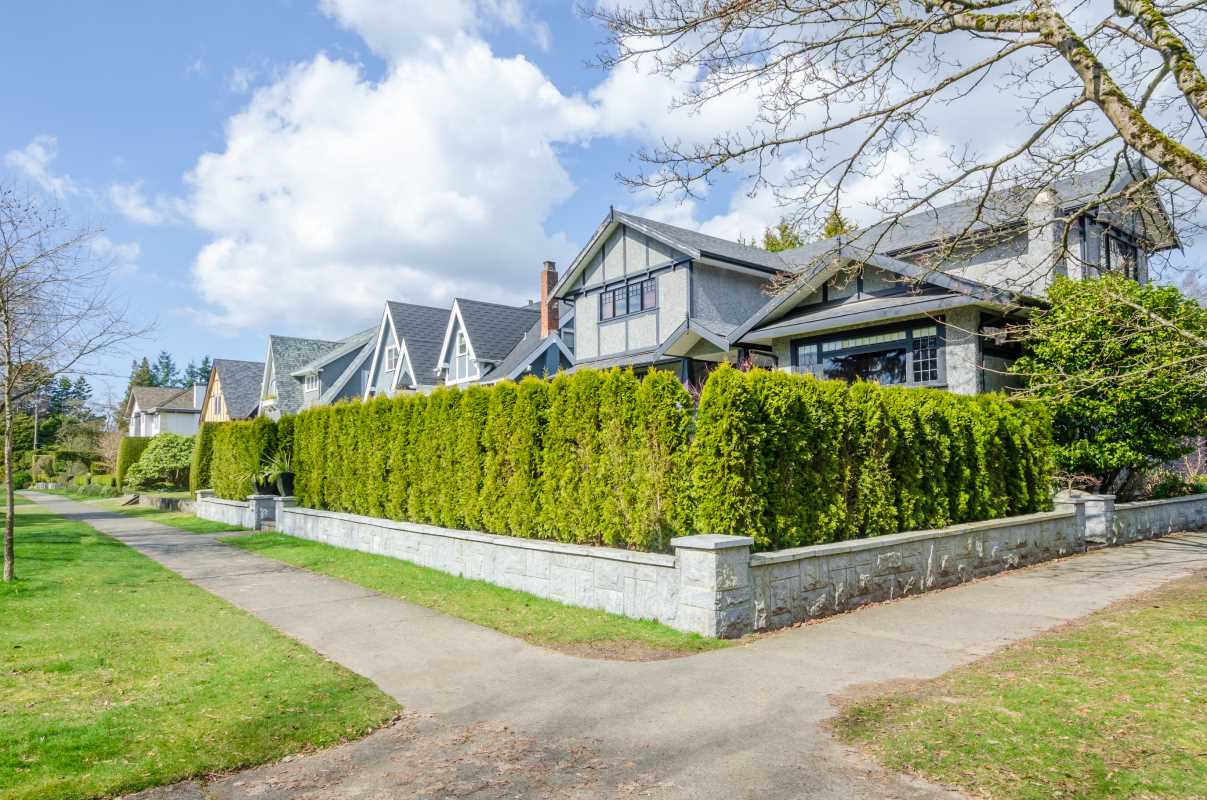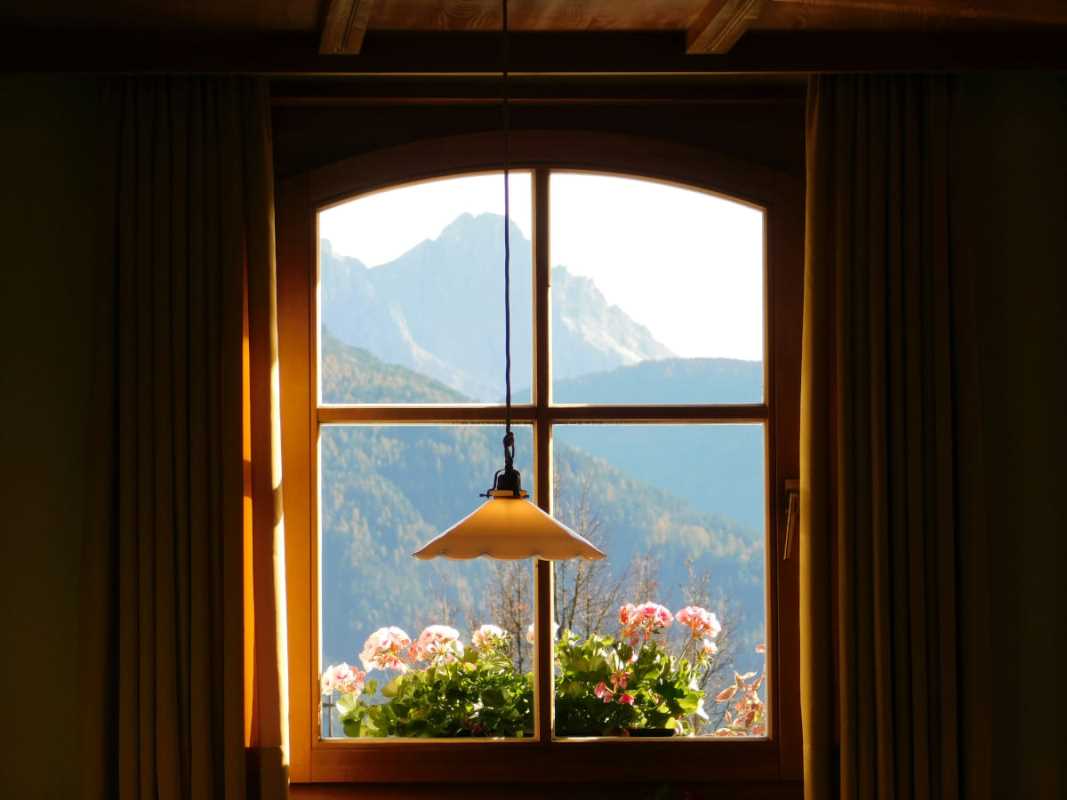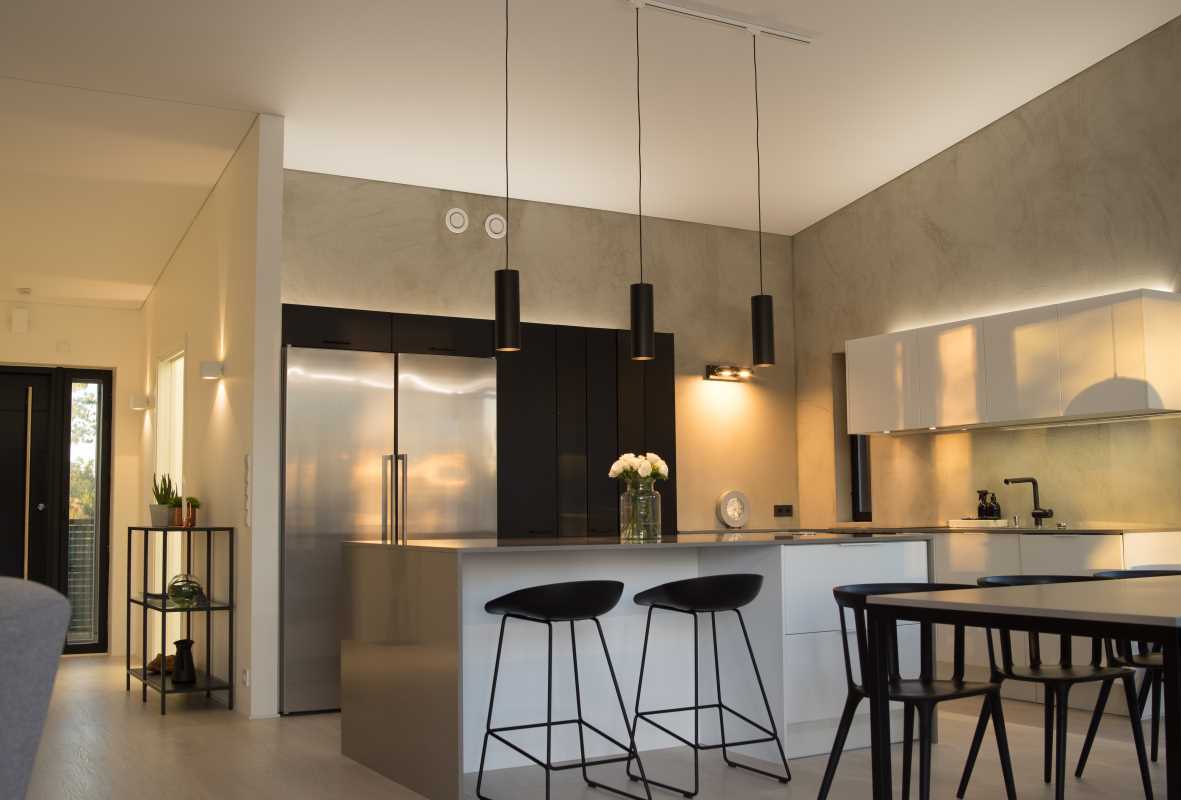A home office should be a place where you can focus and feel at ease, but maintaining privacy can be a challenge, especially if your workspace is near street-facing windows or in close proximity to neighbors. While blinds and curtains offer a quick fix, they can sometimes leave the room feeling closed off or dull. Landscaping, on the other hand, provides a natural and aesthetic solution to enhance privacy while ensuring your view remains vibrant and inspiring. By incorporating carefully chosen plants, trees, and creative outdoor designs, you can shield your home office from prying eyes while transforming it into a serene sanctuary.
The Benefits of Landscaping for Privacy
Landscaping is a dual-purpose solution that not only increases your home office’s privacy but also adds beauty and value to your property. Unlike interior window dressings that solely indoors, a landscaped privacy design creates a refreshing outdoor ambiance.
One of the key advantages of landscaping for privacy is its versatility. Plants and features can be chosen and arranged to complement your home’s architecture and surroundings, ensuring the result feels cohesive and visually appealing. Hedges, trees, and layered greenery can create a barrier that is effective at blocking unwanted views while still allowing natural light to filter through.
Another bonus is the added curb appeal. Thoughtfully designed privacy landscapes not only elevate your personal space but also boost your property’s overall charm. This can be particularly advantageous if you plan to sell your home in the future, as buyers are often drawn to homes with private yet beautifully designed outdoor spaces.
Popular Plants and Landscaping Features for Privacy
When designing a landscape to enhance privacy, the choice of plants and features plays a significant role in achieving the right balance of coverage, beauty, and practicality. A blend of evergreen plants, ornamental elements, and creative layouts helps craft a sanctuary that meets all your needs.
Hedges and shrubs are classic choices for creating natural barriers. Plants such as boxwood, holly, or yew can be trimmed and shaped to form dense greenery walls that effectively shield your home office from view. These plants grow well in a variety of climates and provide year-round coverage, maintaining their lush appearance even in winter.
For those seeking height and a more organic feel, trees are an excellent option. Fast-growing varieties like cypress, poplar, or bamboo create tall, structured shields that block unwanted views and provide shade. Additionally, deciduous trees with layered branches, such as maple or dogwood, add seasonal interest with their changing foliage.
Flowering plants can also play a role in enhancing privacy while injecting color and vibrancy into the landscape. Climbing varieties like wisteria or clematis can be trained to grow on trellises or pergolas, adding charm and coverage to your view. Conveniently, many climbers flourish in compact spaces, making them especially effective for smaller yards or patios.
Hardscaping elements complement the natural aspects of a privacy-focused landscape design. Trellises adorned with vines, stone walls with integrated greenery, or custom-built planters create defined layers that combine privacy with aesthetic appeal. Water features, such as fountains or small ponds, further enhance the ambiance while providing gentle sounds that drown out external noise and foster a peaceful work environment.
Tips for Working with a Professional Landscaper
Installing a privacy landscape that truly meets your needs often requires the expertise of a professional landscaper. By partnering with a skilled expert, you can ensure the design aligns with your vision while optimizing functionality and cost.
When starting the process, it’s important to communicate your goals clearly. Share details about where your home office is located, what level of privacy you’re looking for, and any specific styles or elements you envision for your outdoor space. For example, if you prefer a lush, tropical look or a minimalist, modern approach, your landscaper can tailor the plan accordingly.
A good landscaper will also evaluate the unique conditions of your property, such as sunlight exposure, soil type, and drainage. This ensures the recommended plants and materials will thrive in your environment without requiring excessive upkeep. They will be able to make practical suggestions for maximizing privacy while preserving light and airflow to your home.
Discuss the maintenance level you’re comfortable managing. If you prefer low-maintenance solutions, your landscaper can recommend native plants, drought-resistant options, or design features that require minimal seasonal upkeep. Conversely, if you enjoy gardening as a hobby, they may include plants or landscaping styles that allow for hands-on involvement.
Budget and timeline are also important points to cover. Request a detailed estimate that specifies the cost of labor, materials, and any additional services tied to the project, such as irrigation system installation or lighting. Transparency in pricing helps you manage expectations and avoid surprises. Confirm the expected timeline for completing the work so you can plan around the installation process and disruptions.
Finally, trust and experience matter. Look for landscapers with strong portfolios and positive client reviews. A company with a proven track record and attention to detail will deliver results that match your vision while providing a professional, stress-free experience.


.jpg)




